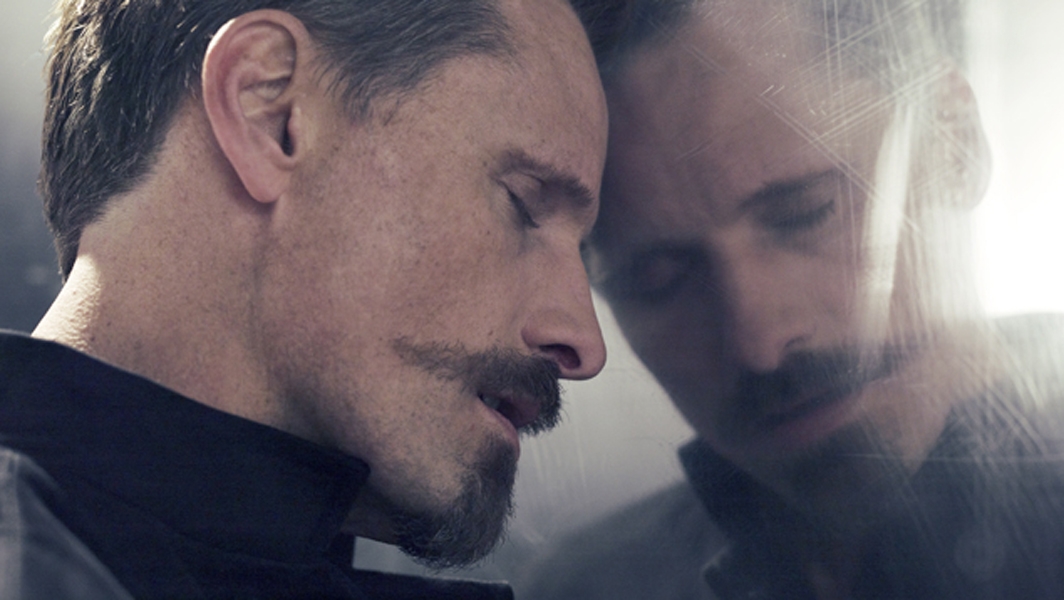War is millennia old. The oldest-recorded war, c. 2525 BC, between the ancient Sumerian city-states of Lagash and Umma, is depicted on the Stele of Vultures, which shows soldiers organised in phalanx formation with spears, helmets and shields – and war was not new even then. Archaeological evidence points to earlier wars, predating the invention of writing, including Tell Hamoukar in modern-day Syria – the oldest-known site of organised warfare, where in c. 3500 BC the city was destroyed by munitions and burned to the ground
War is thought to date back to the agricultural revolution, when food-surplus differences arose between farming societies and hunter-gatherer tribes. With settlement came development. According to Bronowski, ‘War, organised war, is not a human instinct: it is a highly planned and cooperative form of theft’.
Coming back to the present day, in 2004 talking about the recent invasion of Iraq, UN Secretary-General Kofi Annan claimed that, ‘From our point of view, and the UN Charter point of view, [the war] was illegal’. But how can war be illegal? And when can war be justifiable? Is there ever such a thing as a Just War?
There are at least seven factors which define the concept of Just War, and form the foundations of the Geneva Convention, the League of Nations and the United Nations.
1 There has to be a just cause
Your cause must be more just than the cause of the other side – usually a rather grey area.
2 The means of implementing war must be just and proportionate to the crime
For example, if atomic bombs had been used to blow up Argentina for invading a few islands, this clearly would have been disproportionate.
3 It has to be discriminate There must be the potential to direct your violence against the war machine of the other side
This does not mean that no innocent bystanders will be hurt, but that the attack must not be directed at them. In the Second World War Hitler disregarded this when he ordered the Blitz on London, and the Allies followed suit when they obliterated Dresden.
4 There must be a recognition of the neutrality of non-combatants
The boundaries have become clouded here since the advent of guerilla warfare and reprisals against innocent citizens; for example, in the ‘people’s war’ in Yugoslavia.
5 There must be a just intent and attitude in what you are trying to do
You must not fight simply for the satisfaction of crushing someone else, but to bring peace to the land. It is often said that the harsh penalties extracted from Germany after the First World War laid the seeds of the Second.
6 There must be grounds for disobedience
You must not force people to fight against their will; they must be allowed to exercise conscience and be non-combatants.
7 You must also believe that you can win
Fighting an ‘unwinnable’ war embroils people in suffering that will accomplish nothing. Vietnam was a hard lesson in this.
These definitions form the basis of legitimate, modern-day war; when and how it can be just. But where did these ideas come from, and how did they arise? Remarkably, but in some ways unsurprisingly, the concept of a Just War was an invention of the Christian Church.
How could war be justified by people claiming to follow Jesus, who said, ‘Blessed are the peacemakers, for they shall be called children of God’? To understand this we must look at the response to war through Church history.
The early Church: soldiers not acceptable
For the first two and a half centuries of its existence, soldiers were not acceptable in the Christian church. Some have argued that this was because soldiers were particularly debauched, and implicit in the job was worship of, and obedience to, the Emperor over God. While true, I do not think that this is the whole story. The evidence suggests that congregations would not have accepted soldiers because of their trade – they were in the business of violence, much of which was directed against the church.
There were, of course, soldiers who became believers, but by and large they would either buy themselves out of the army, wait until they retired to be accepted as members or else put up with criticism from church leaders, such as Tertullian.
A new animal: the Christian State
Things changed around the turn of the fourth century, when the whole of the Roman Empire became the Holy Roman Empire. Indeed, the change came when Constantine, fighting against Maxentius from the east, won the battle of Milvian Bridge. Before the battle, he claimed he had seen a vision of a flaming cross in the sky, and the words In Hoc Signa Invicta: ‘In this sign you will conquer’. Constantine put the Christian cross on his shields, and indeed he did conquer. The Empire was transformed, but while he favoured Christians, Constantine continued to live as a pagan until he was baptised on his deathbed – seemingly he saw war and Christianity as incompatible.
This threw up a new animal – the Christian State. The ruler clearly had to have some level of military organisation and police in order to maintain the state, which I would argue is legitimate. Governments and states require power in order to implement their decisions and protect their people. When a so-called ‘Christian State’ came into being, soldiers became acceptable because they served a Christian Emperor. Soldiers even got their own patron saint, Martin, who ironically was canonised for conscientious objection, saying, ‘It is not lawful for me to fight’.
When the majority of the Western World was Christian, how could government be carried out by non-Christians? Gradually the relationship between Church and State changed. Christians began to participate in state structures, and theologians justified it. Augustine sanctified violence for the use of the Church when he misapplied a verse from one of Jesus’ parables: ‘Compel them to come in’. People have used these words to justify crusades, inquisitions, conquistadores and the burning of heretics. The end of producing new converts and protecting the faith justified the means of sword, stake and eventually firearms.
The concept of Just War, formulated into Christian doctrine, became institutionalised.
Pacifist minorities: a constant stream
Following Constantine, throughout the history of the Church there have always been minority groups who have reacted to the use of force and stood against it. The majority of groups that broke away from the institutional Church before the Reformation were pacifist – the Bogomils, Albigensians and Waldesians, to name a few. In the 12th century, over 70 such groups were identified by the state church, which set out to persecute and destroy them.
After the Reformation, the main bulk of the Church, including famous leaders such as Luther, Calvin and Zwingli, continued to justify the use of force, especially against the ‘heretical’ minority groups. But there has always been a Christian stream of one sort or another, from Anabaptists and Hutterites to Mennonites, which has stated that non-violence is the way of the Church, that there was no such thing as ‘just war’.
Having said that, in Matthew’s gospel a Roman centurion was commended by Jesus: a military career does not seem to stop someone having great faith. I hold all service people in high regard, including Christians, and while I recognise that the problems of their calling have increased with the growing investment in nuclear weapons, my respect for them as individuals has not diminished. On the other hand, my understanding of Jesus’ views regarding peace and violence is in conflict with a military position.
The cost of war
Another aspect of war that immediately renders it unjust is the financial consideration. Approximately one-fifth of the world’s money goes into furthering national or international military machines, and 50% of the world’s top scientists are engaged in developing weapons technology.
In 1975 a proposal was made to the UN to fund a five-year programme that would develop improved health, birth control, literacy and agricultural schemes worldwide. The proposal was rejected, even though it cost less than the United States and the USSR were spending on atomic missiles in one year.
The end of just war?
The end of the just war concept occurred at 8.15am on 6 August 1945, when, within seconds, 80,000 thousand people were annihilated at Hiroshima. It was as disproportionate as it was indiscriminate. With such overwhelming force at our disposal, the concept of fighting a ‘just war’ has been rendered meaningless. This is why so many find the just war theory impossible to apply today.
So how do we react to warfare in the 21st century? We can start by deciding whether or not to participate: when and how are we subordinate to the state? Submission does not necessarily mean obedience, but it may mean refusing to obey and accepting the punishment accordingly. It can mean non-violent protest, as exemplified by Martin Luther King and Gandhi, rather than violent opposition.
Just as radical Christian groups stood out against the institutionalised violence of the Church State, today pacifists still have a clear calling to stand up for peace. Peace needs a louder voice, as the ineffective protests against the second Gulf War in 2003 demonstrated. Moreover, mere words are not enough. Unless peacemakers live ‘shalom’ [a Hebrew word meaning ‘peace’ or ‘well-being’], embodying peace by loving their neighbours as themselves, they will never make themselves heard. By living out these values, we speak out clearly against the ludicrous situation of modern warfare, where the destruction of the world lurks just around the corner: we demand a world where the war machine is dismantled and peace can prevail.











